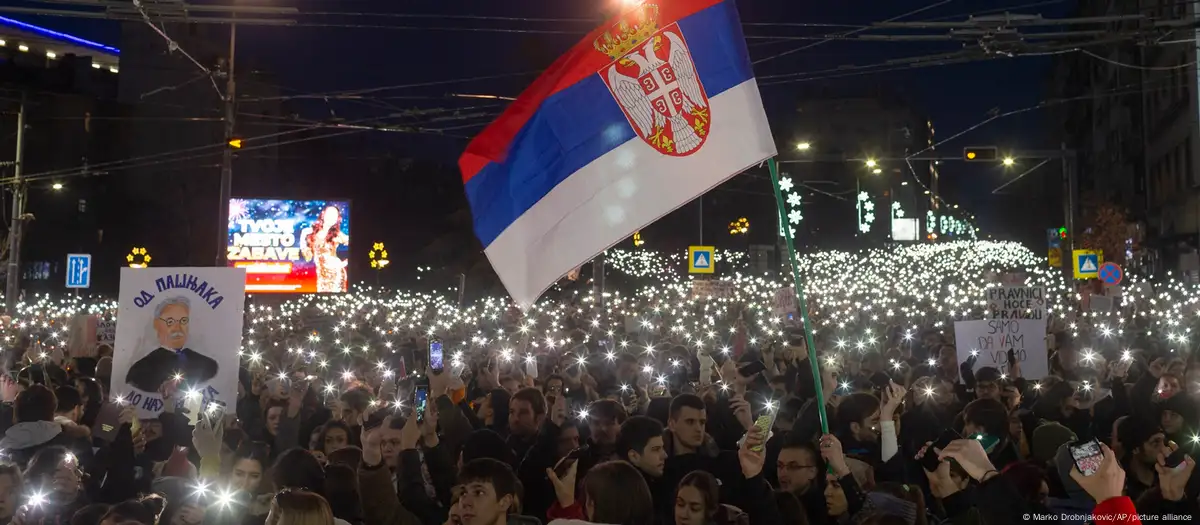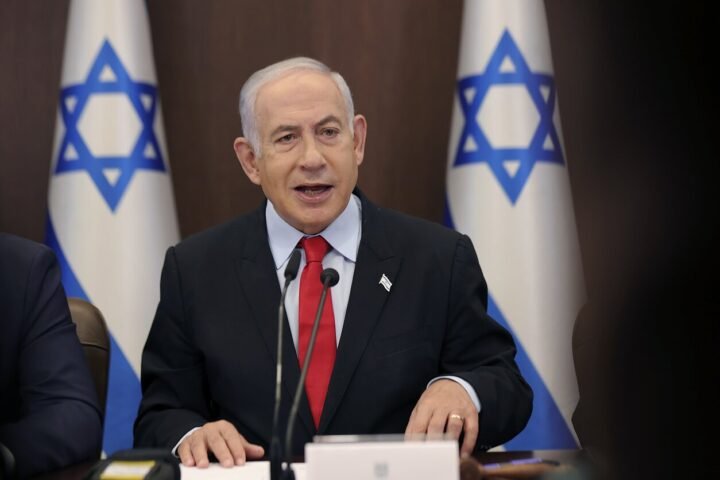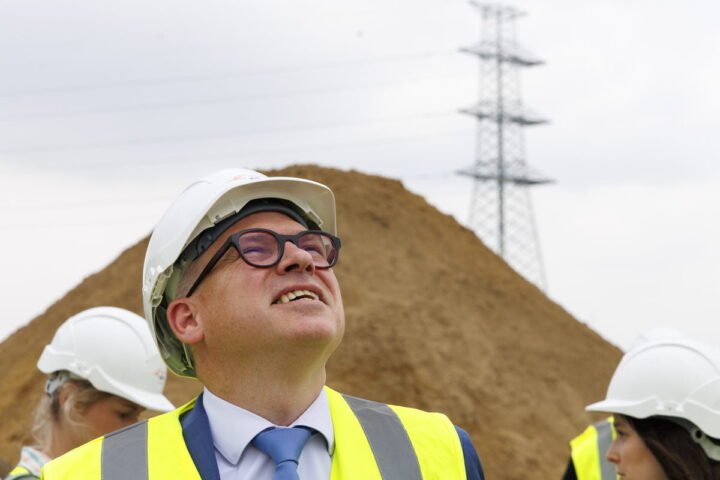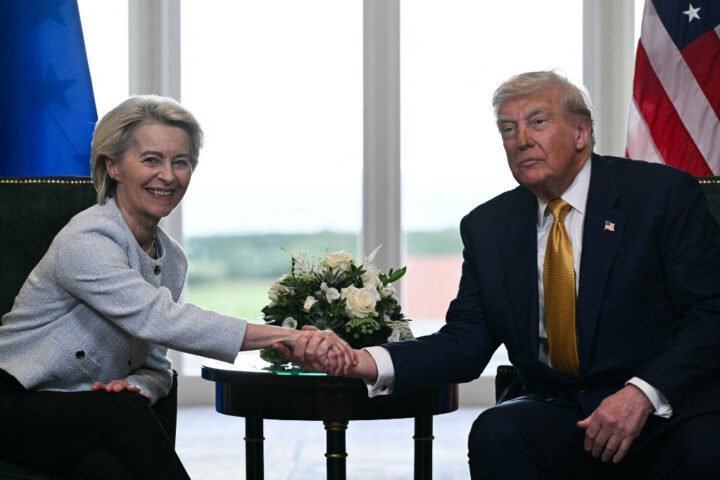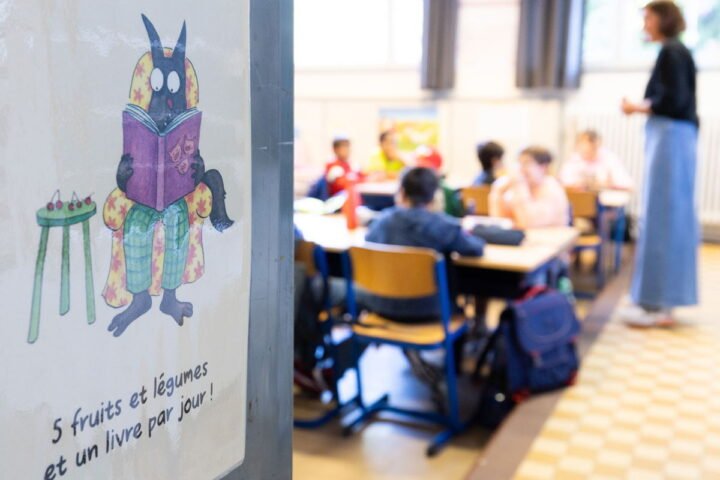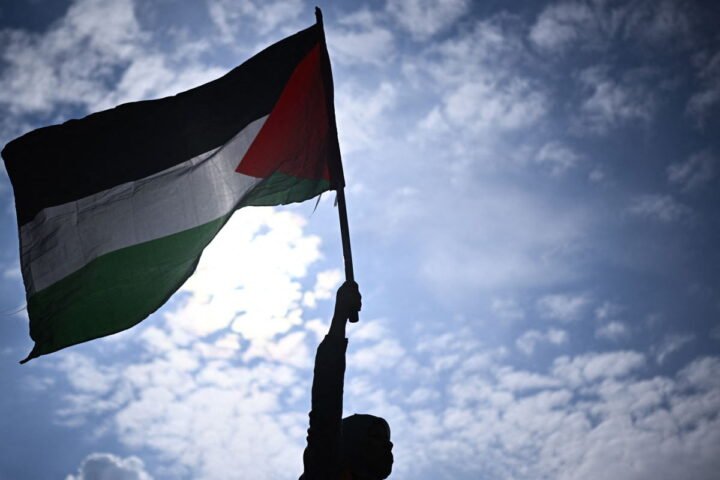The student-led protest movement was boosted by farmers, actors and educators, in the most recent show of public anger over the collapse of a train station roof seven weeks ago.
Serbians took to the streets in the capital Belgrade on Sunday to protest against the current government.
Roughly 29,000 people attended the demonstrations, according to an interior ministry statement.
Serbia’s government has been under pressure after seven weeks of sporadic demonstrations nationwide in response to the collapse of a train station roof that killed 15 people in the northern city of Novi Sad.

Demonstrators blame the train roof collapse on widespread corruption and sloppy work on the railway station building, which had been refurbished twice in recent years as part of projects involving Chinese state companies.
Some 13 people have been arrested over the Novi Sad tragedy, including a government minister. But the minister’s later release fueled public skepticism about the investigation.
Serbian President Aleksandar Vucic had been dismissive of the protests, saying on Saturday said he “doesn’t really care” about the protests, accusing his opponents of manipulating students to gain power.
But he referred to Sunday’s protest as a “significantly large gathering,” saying that he was “ready” to hear the protesters’ demands.
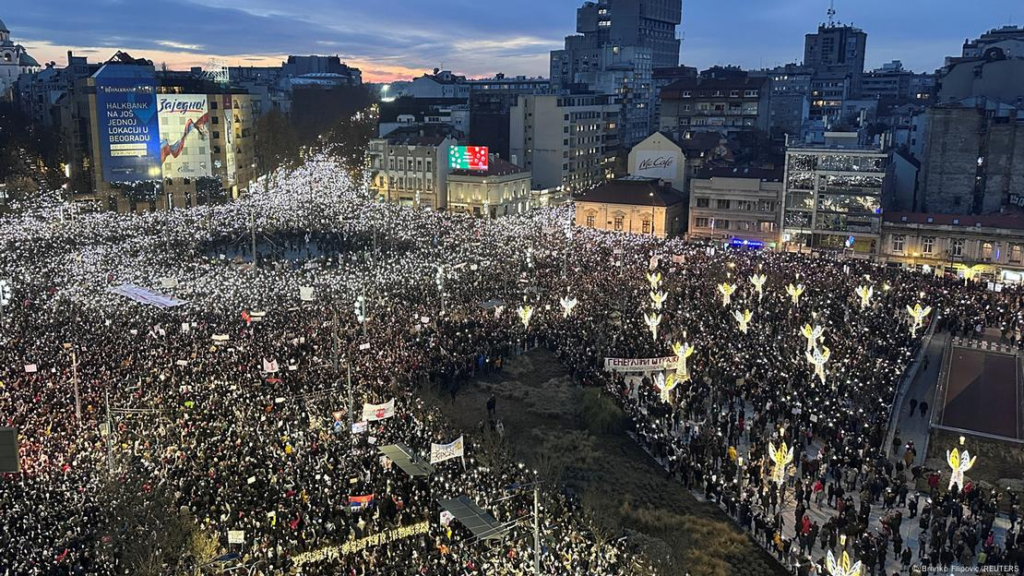
A student-led movement
Sunday’s protest, much like in previous weeks, was organized by students but had additional support from groups like farmers’ unions, actors and educators on Sunday.
The gathering started with 15-minutes of silence as tribute to the 15 victims at the Novi Sad train station.
After the solemn moment, demonstrators staged a “half-hour noise” by blowing whistles and other loud items.
The rally at Belgrade’s Slavija Square is considered one of the largest in recent years to challenge Vucic’s power.
In response to the protest movement, Serbia’s government has extended school winter holidays, starting them nearly a week earlier.
Authorities have also promised various subsidies for young people in an effort to quell public anger.
